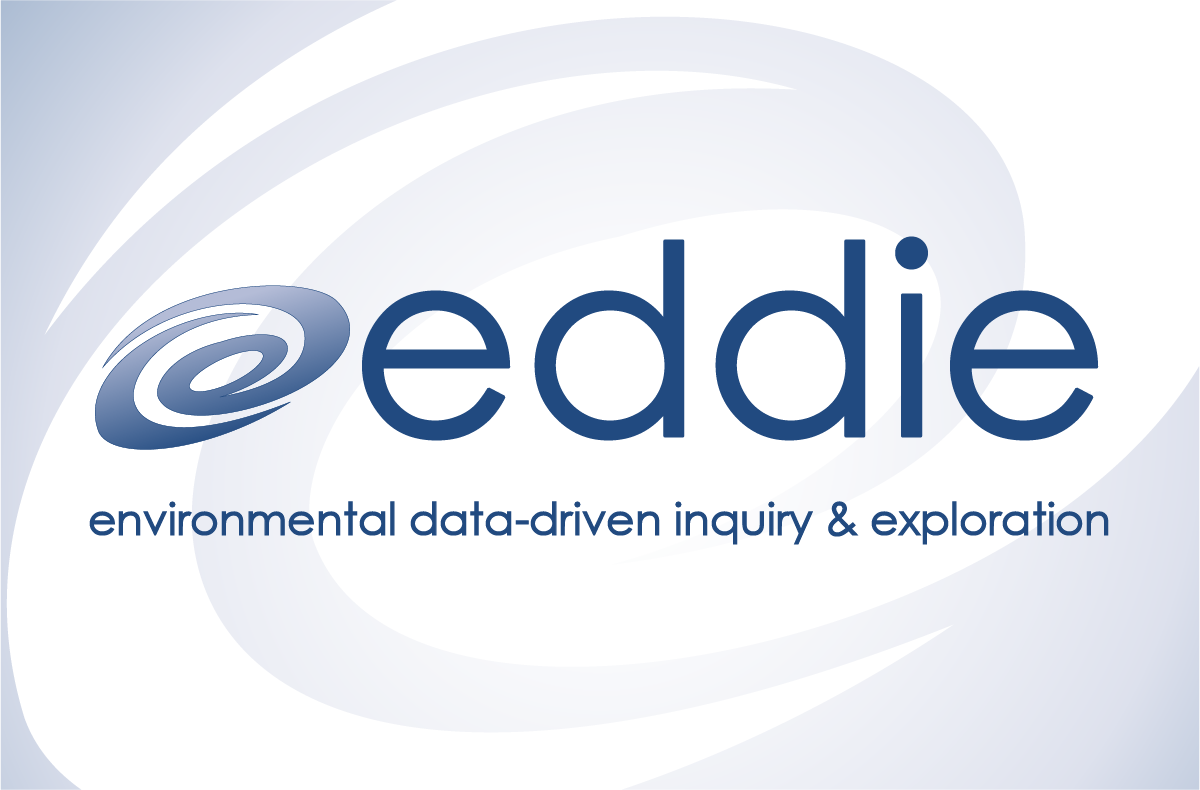Investigating Evidence for Climate Change (Project EDDIE)
Author(s): Melissa Hage
Oxford College of Emory University
1603 total view(s), 913 download(s)
climate_change_module_presentation edited.pptx(PPTX | 96 MB)
climate_change_module_student_handout edited.docx(DOCX | 49 KB)
Climate Change Teaching Notes- Hage.docx(DOCX | 380 KB)
- License terms
Description
Current climate change is affecting many aspects of the environment, with socio-economic consequences. For example, a warmer climate can allow new diseases to be introduced and persist (e.g. West Nile became established in the United States after an unusually warm winter allowed the mosquitos that carry the virus to survive and spread). We are concerned not only with the actual temperature but also with the rate that the temperature changes. Very rapid changes make it more likely that species (maybe even including humans!) cannot adapt and will go extinct. This multi-part activity was completed over 2 75-min classes and allows students to discover the relationships between CO2 and temperature and how these variables have changed over time using real-world data.
Learning objectives:
- To analyze global temperature data to see if Earth’s average global temperatures are really increasing
- To analyze CO2 data to see if atmospheric levels are really increasing
- To correlate CO2 data with global temperature to see if there is a relationship
- To compare current trends with rates of change during pre-historic periods using ice core data
- To interpret what these results mean for understanding current climate change
- To learn basic shortcuts and graphing in Excel
Project EDDIE (Environmental Data-Driven Inquiry & Exploration) is a community effort aimed at developing teaching resources and instructors that address quantitative reasoning and scientific concepts using open inquiry of publicly available data. Project EDDIE modules are designed with an A-B-C structure to make them flexible and adaptable to a range of student levels and course structures.
Cite this work
Researchers should cite this work as follows:
- Hage, M. (2020). Investigating Evidence for Climate Change (Project EDDIE). Project EDDIE Faculty Mentoring Network, QUBES Educational Resources. doi:10.25334/FPA6-AS71
